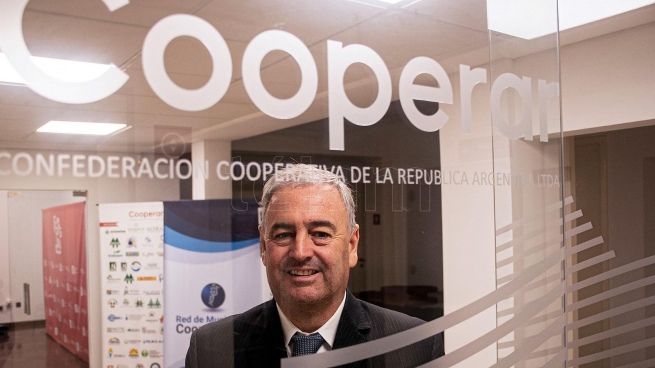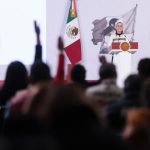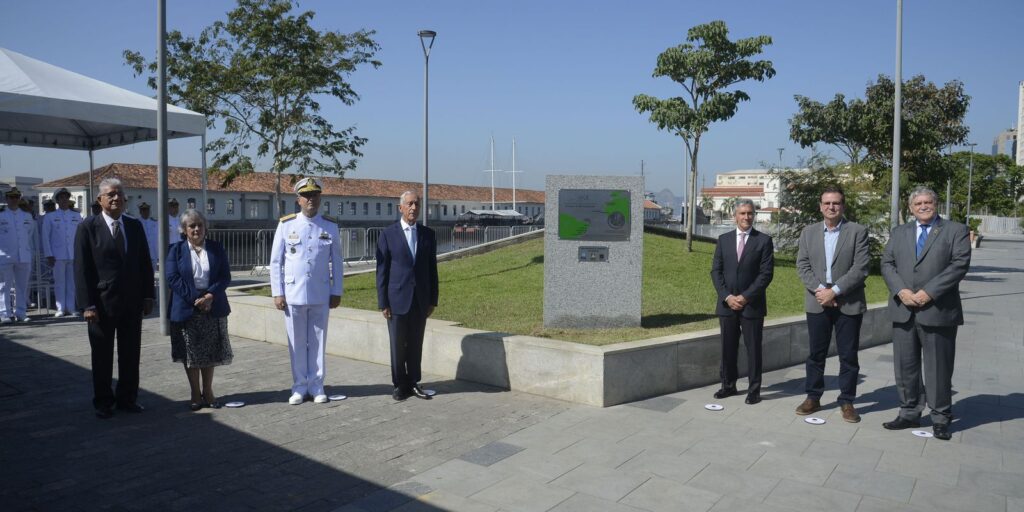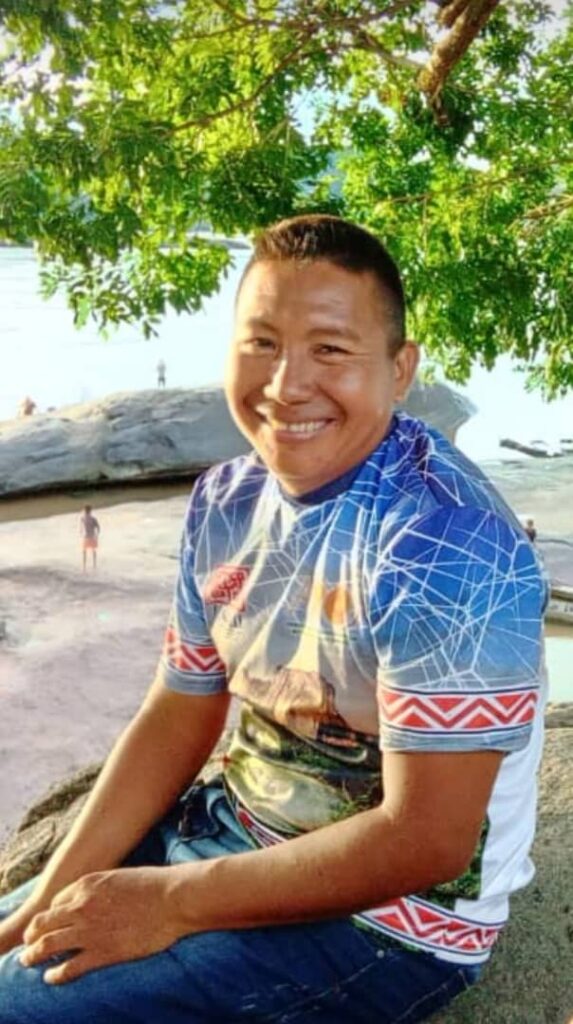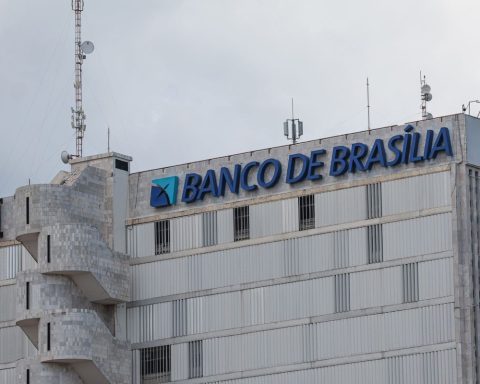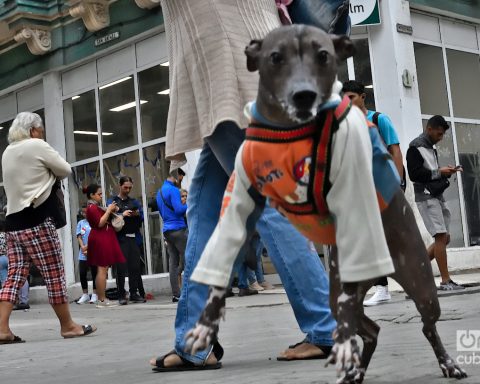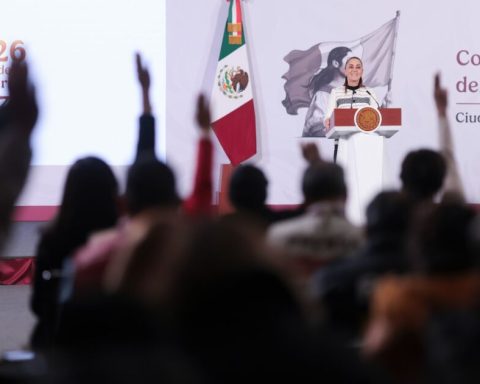The head of the International Cooperative Alliance (ACI), Ariel Guarco, said this Saturday that “our country does not have a president of the ACI by chance, but because Argentina has a mature, powerful cooperativism, with a presence in all sectors and activities. economic”.
In an interview with Télam on the International Day of Cooperatives, Guarco highlighted the work of “relinking with the territory” carried out during his previous term as head of the ACI, and anticipated that in the new period he will propose “a more representative governance system ”.
Regarding the celebration for the Day of Cooperatives that is commemorated this Saturday, he stressed that “finds us very consolidated globally, with more than 1,200 million associated people and more than three million companies”.
Guarco was recently re-elected as president of the ICA after beating the candidates from Australia and France, and since 2011 he has been president of the Cooperative Confederation of the Argentine Republic (Cooperate).
Here are the main sections of the dialogue:
– Télam: What balance do you make of your first mandate at the head of the ICA?
– Ariel Guarco: The balance that we make of these four and a half years is really very good because we were able to introduce a different perspective in an organization that, like any international structure, moved slowly and had lost a bit of contact with its members. with the territories and with the small local realities. We were able to reverse this by making a great effort to contact each of the members in each of the countries on the five continents.
Through this exchange and greater knowledge of the experiences that were taking place in each territory, we were then able to reconnect with the international organizations that depend on the United Nations system and with those that orbit the social and solidarity economy, and we traveled a path of greater visibility and incidence to carry a strong voice that defends the cooperative movement at a global level.

– T: With what expectations and projects do you assume a new mandate as president?
– AG: We face this new stage with the same imprint and energy, taking into account that of the previous four and a half years, two years were affected by the pandemic and of course they left many things pending to deepen and strengthen.
In the previous mandate I visited more than 50 countries, more than half of the ICA members and that gives you a different vision that allows you to exercise another type of governance. Therefore, for this new period we propose a more collective, more integrated and representative governance. That possibility is only given by knowledge of the territory.
– T: How did you find the cooperative movement at a global level today? And at the Latin American level?
-AG: At a global level, I see the cooperative movement as very consolidated, with more than 1,200 million people associated with a cooperative, with more than three million cooperative companies in the world with a turnover equivalent to the fifth largest economy in the world and that generate jobs work for nearly 300 million people. They are companies built with a different vision, based on the social responsibility of their associates.
In Latin America and also in Argentina, levels of presence have been achieved in economic sectors that were not possible before, and a much higher incidence has been achieved in the different governments of the region than in the past.
– T: How did the pandemic affect the cooperative movement? What new challenges did he impose on them?
– AG: It affected us like all companies, and found us close to the needs of the communities (because we are part of them), giving that first response that was needed during the emergency.
Then, as we settled in and understood that the pandemic was going to last, we made the structural changes we needed to rise to the occasion. Changes related to the digital transformation that has accelerated sharply, and that we try to be at the service of people and not in favor of job insecurity.
They are transformations that are here to stay, that are not temporary. We have been talking with the ILO about these issues for years. How do we respond to that? From the collective We are working, for example, on cooperative platforms.
– T: Going specifically to the local, how do you characterize the situation of the cooperative movement in Argentina?
– AG: We do not have a president of the ICA by chance or because there is only one person capable of holding that position, but because there is a country that has a mature, powerful cooperativism, with a presence in all sectors and economic activities. There are many examples to give of this robustness, and one of them is the articulated and strategic way in which it works with the State, for example with shared governance in INAES. It is a very mature cooperativism, with almost 18.5 million associated people, a figure that reaches 25 million if we count the mutuals. We have a country with a great social and solidarity economy.
– T: In which sectors are the greatest challenges presented?
– AG: Today the public services cooperative sector is going through a difficult time because the energy, gas, water and telephone rates do not reflect the costs required to make them work, but they are conjunctures, they are moments. In return we have other sectors working very well. Structurally, cooperativism is highly consolidated.
We are developing a network of cooperative municipalities throughout the country that today already has almost 60 member municipalities, which has the objective that the cooperatives articulate more with the municipal States to work strategically and articulately in the development of the communities.
